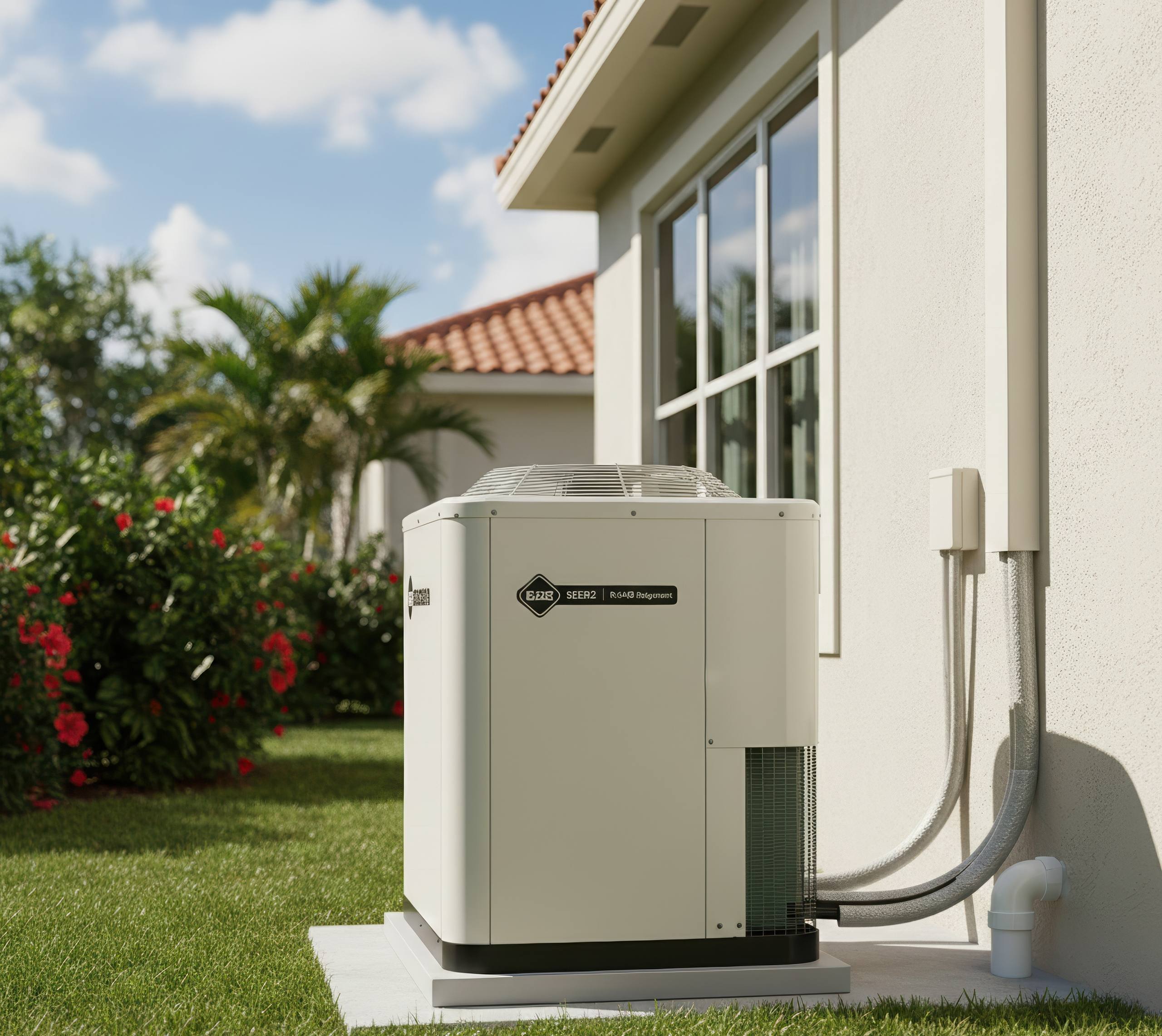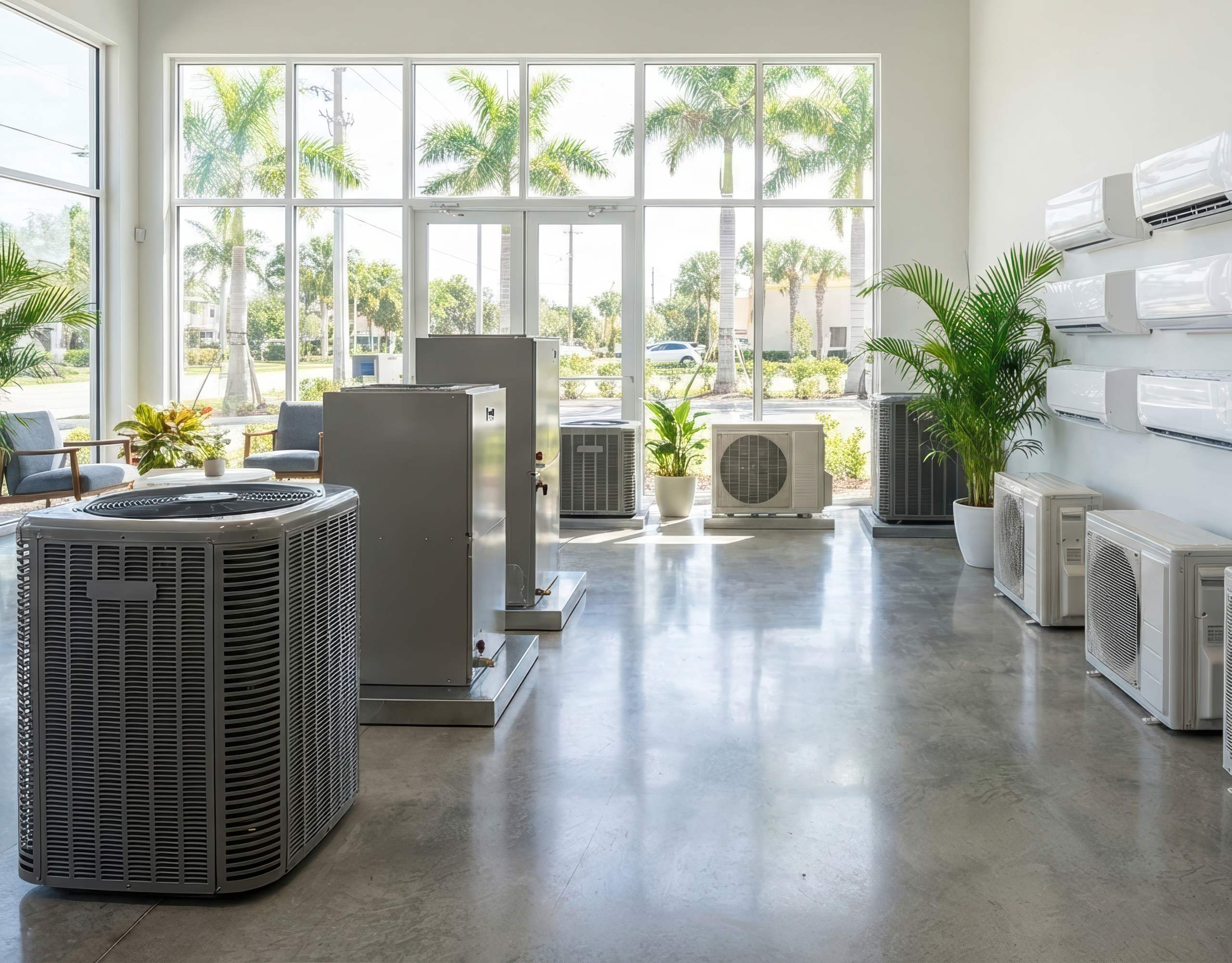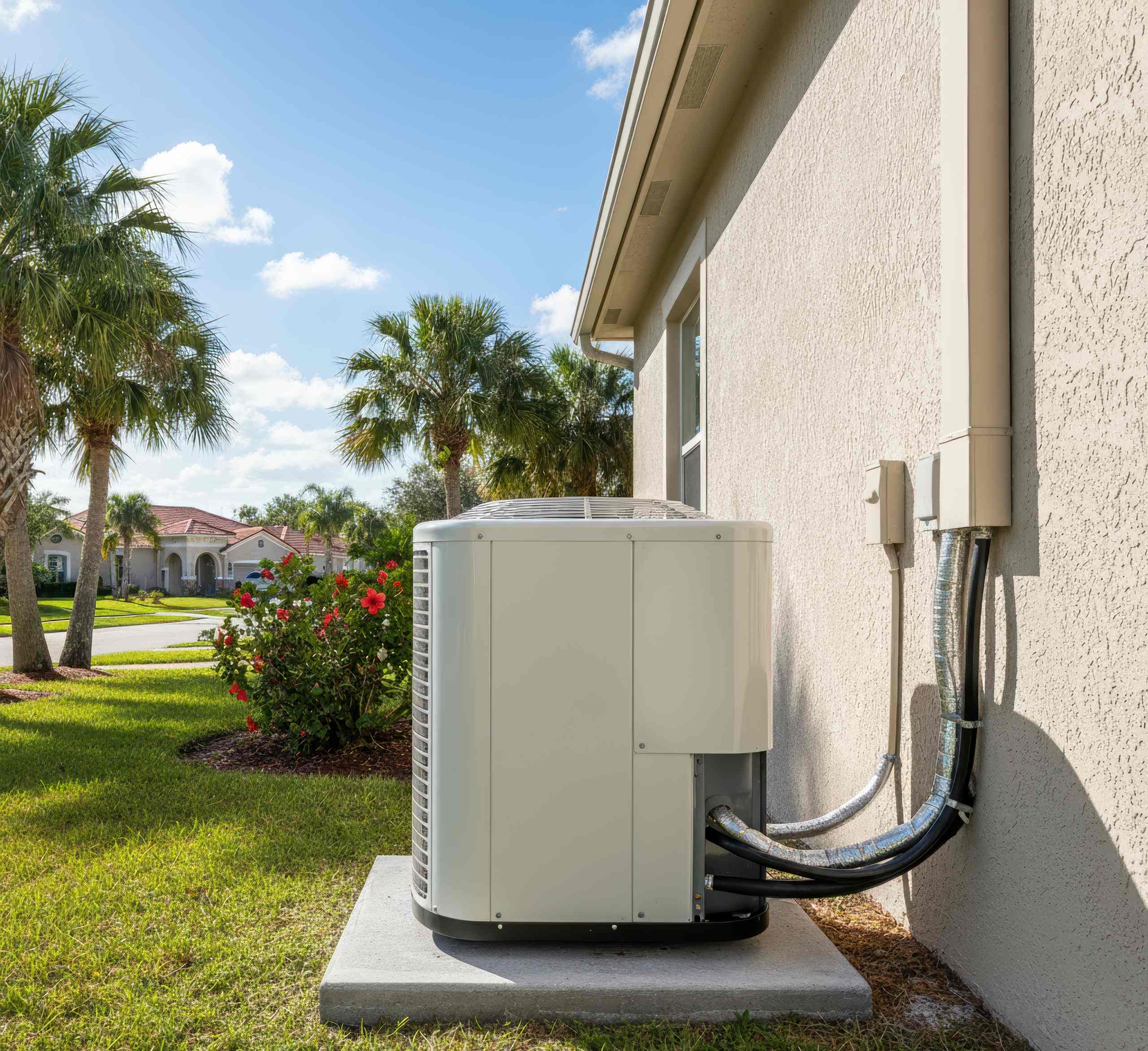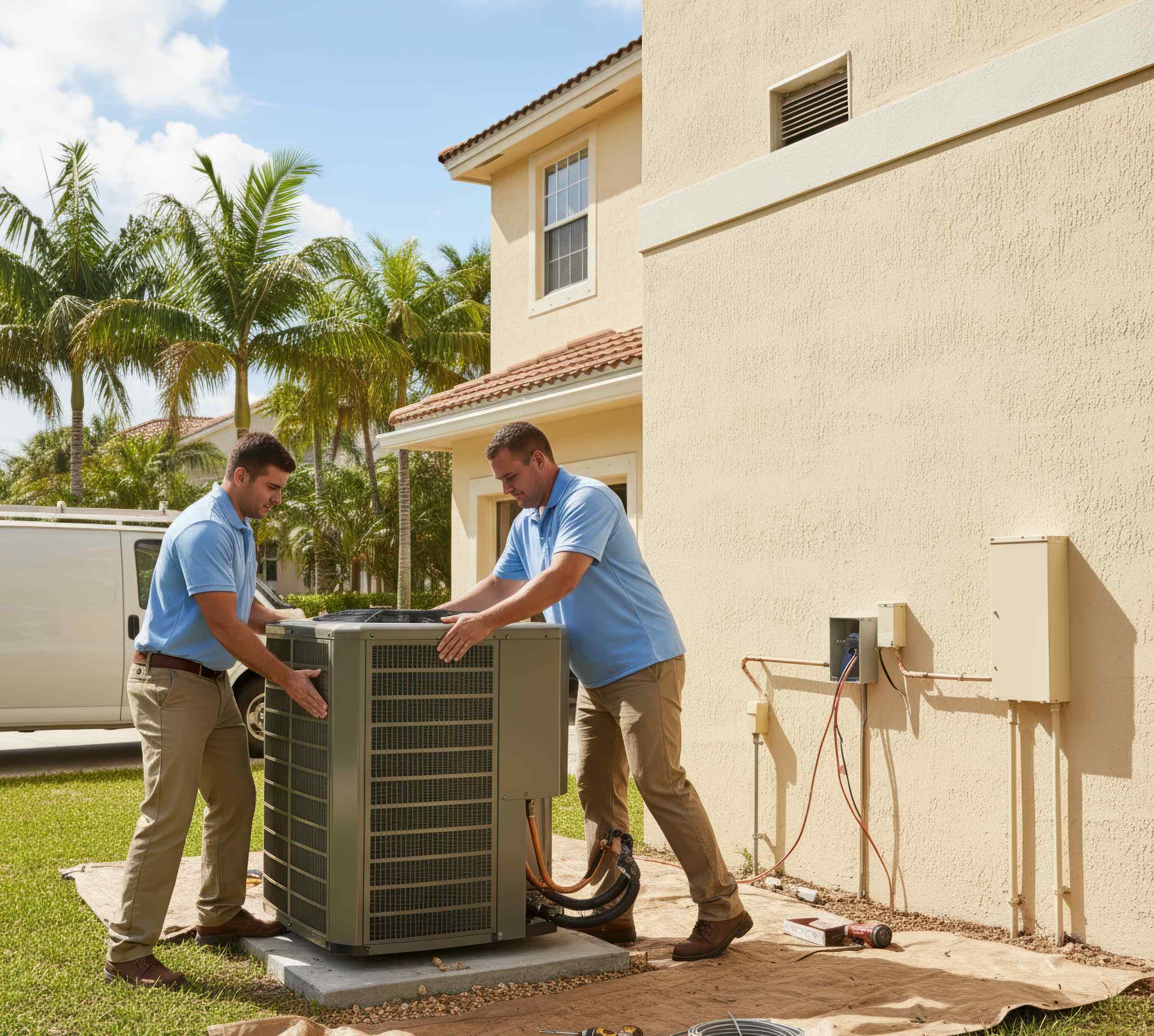A home cooling system doesn’t just cool the inside air. It removes moisture from it too.
In fact, removing moisture from humid air is essential to the cooling process in Florida homes. So, your air conditioning is highly effective at handling moisture and a little water sprayed on it will not harm it, despite most people being taught that electrical appliances and water don’t mix.
Whether you’re talking about the central unit inside your home or the outdoor condenser unit, keeping your AC clean is important for optimal performance and efficiency.
Here’s what you need to know about cleaning AC units…
Can I spray my AC unit with water while running?
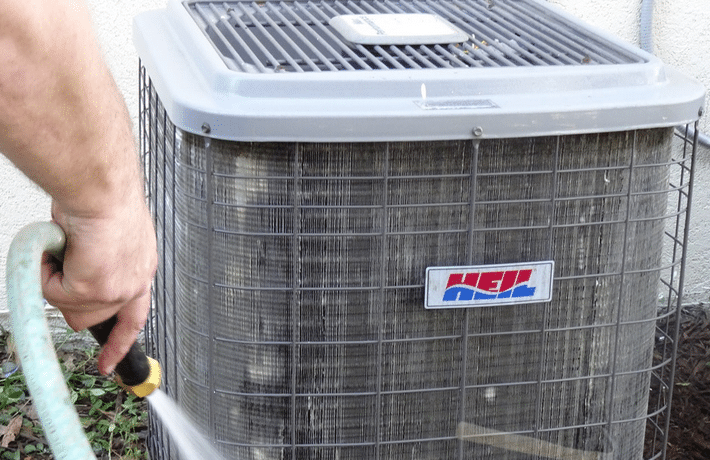
You can safely spray your AC unit(s) with water but if you feel nervous about cleaning while it’s running, switch off the system first. Central air conditioning systems combine an inside unit where the evaporator coil is housed and an outside unit with the condenser, compressor, and fan. The outdoor unit gets grubbier than the indoor unit so spraying it with water to clean it is recommended. Both units should be kept clean and dirt-free.
If spraying water on your AC units makes you nervous, it’s probably because the standard line is that electricity and water don’t mix—with good reason. It can be a lethal combination. However, everyone uses kettles and washing machines so, sometimes, they are designed to work together.
Air conditioning is no different. Your cooling system is highly adept at handling water despite being powered by electricity.
The outdoor unit is exposed to the elements—sun, wind, and rain—anyway. So, spraying it with a garden hose is little different from being soaked during one of our Florida storms.
STAY COOL ALL YEAR ROUND WITH ONE WAY AIR…
The team at One Way Air installs, services, and repairs all types of air conditioning systems in Southwest Florida. Get in touch with us here for a quote or call 239-233-4356 in emergencies.
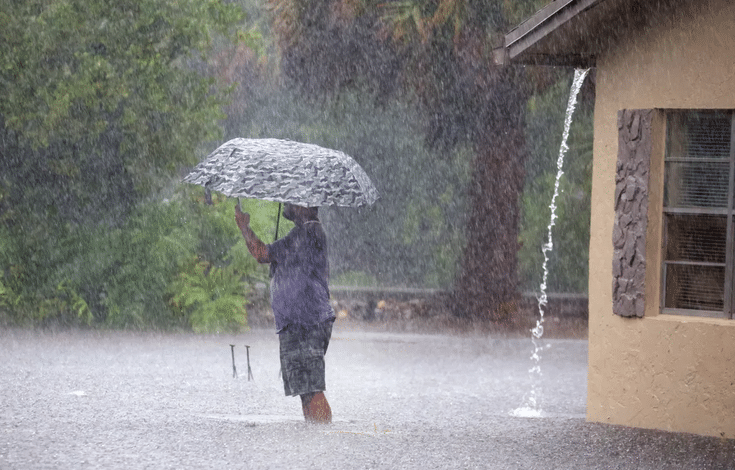
What are the benefits of spraying your AC with water?
Two key components of a central air conditioner are its coils: the evaporator coil housed in the indoor unit facilitates the heat transfer that takes the hot air from indoors and cools it while the condenser coil is outside, taking the warm air and expelling it outdoors.
Cleaning the outside casing of both units with water is perfectly acceptable and will have several benefits—but it’s more common to spray water on the outside unit, which can become grimy very quickly.
The main benefits of doing so are:
Removes debris
Debris, dirt, and grass clippings are no friends to air conditioning systems. If debris gets inside the cooling system, it can clog up piping, coils, ductwork, and vents and restrict airflow, gradually adding to the degradation of the cooling performance and potentially damaging parts.
Air filters are designed to remove unwanted airborne particles but debris can enter the system from elsewhere too, especially outside where soil, moss, grass clippings, and dust can be prevalent.
Cleaning this debris away from the condenser or evaporator unit with water removes it from the scene so that it can’t clog anything up or enter your home to damage the cooling system.
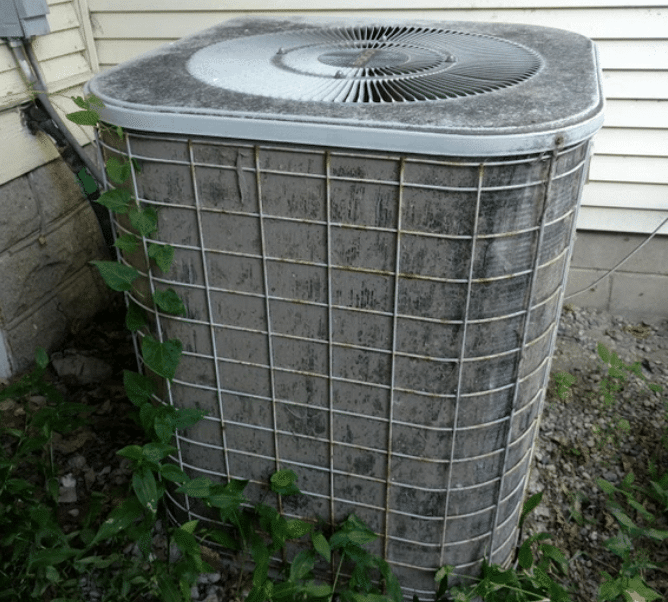
Maintains efficiency
Spraying the condenser unit with water can help maintain the performance and efficiency of your cooling system. If your AC loses efficiency from being clogged up, it will use more energy and may increase monthly bills.
By taking steps to remove the cause of the clogs, you protect the efficiency of your system and prevent it from working overtime.
Spraying water also cools down the outside unit as the water evaporates, potentially reducing the amount of energy used.
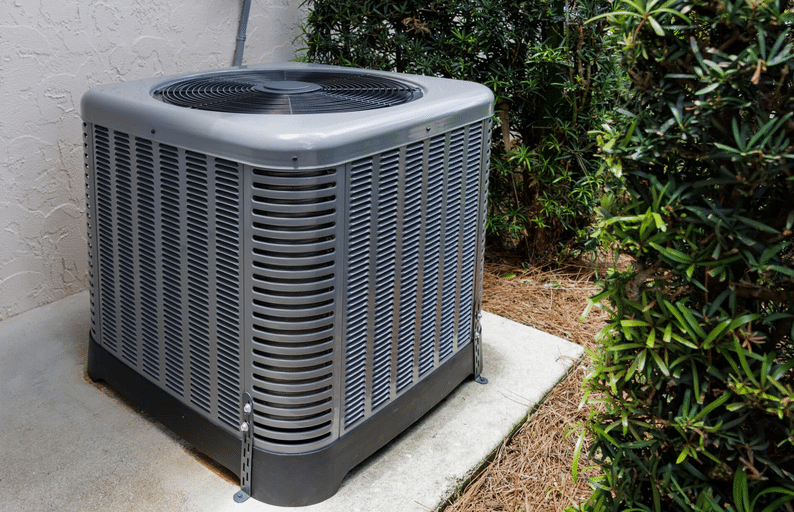
Reduces repairs and extends lifespan
By maintaining the cleanliness and efficiency of your air conditioner, you protect the parts from overworking and reduce the likelihood of costly AC repairs.
Reducing the wear and tear on components also extends the lifespan of the system.
How should you clean your AC?
Most times, when cleaning AC systems with water, the outside unit can be sprayed but there’s no need to spray inside the home.
The casing of the indoor unit can be wiped with a damp cloth and household detergent to clean it. The air filter inside the unit will also need to be cleaned or replaced every 60-90 days (more about this below).
The main dirt accumulates around the condenser unit outside, which is constantly exposed to the elements. Clear away any vegetation, such as leaves, twigs, and dirt and then clean the unit with a trusty garden hose while the AC is switched off. Set the nozzle on your hose to a hard stream and run the water from top to bottom over the unit.
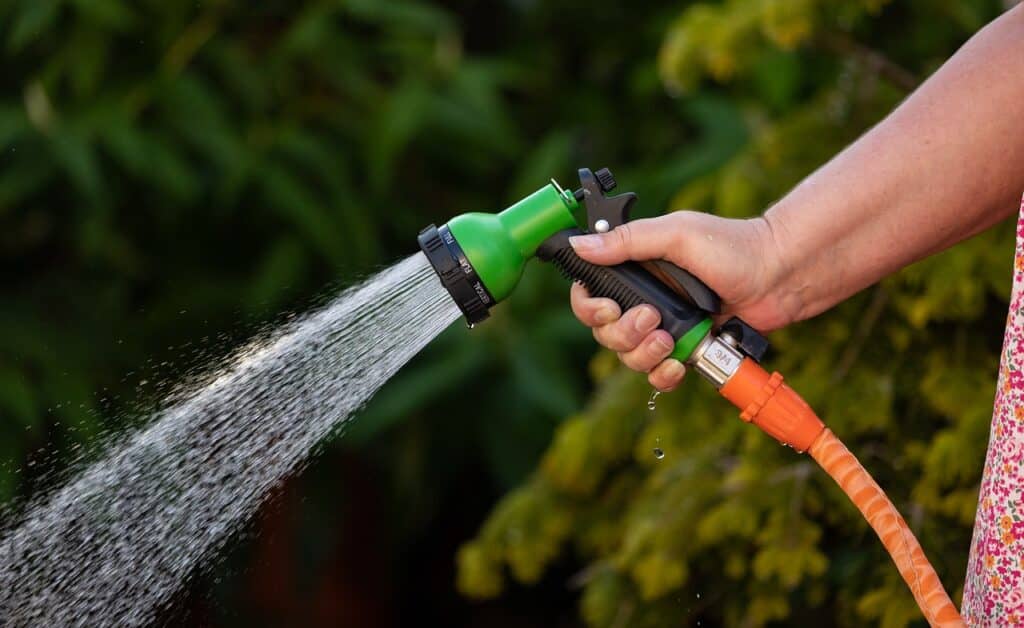
You can also clean the fins on the condenser unit. These assist with the movement of air away from the coil, ensuring good airflow and efficient cooling.
Remove the top of the unit and carefully vacuum any dust away with a soft brush, taking care not to bend the fins. Then, spray the fins with your hose from the inside of the unit using moderate water pressure (remove the fan if necessary to enable this). You can use a condenser coil cleaner and water solution if necessary but don’t forget to rinse.
Once you’ve run the water over the entire unit, leave it to dry thoroughly.
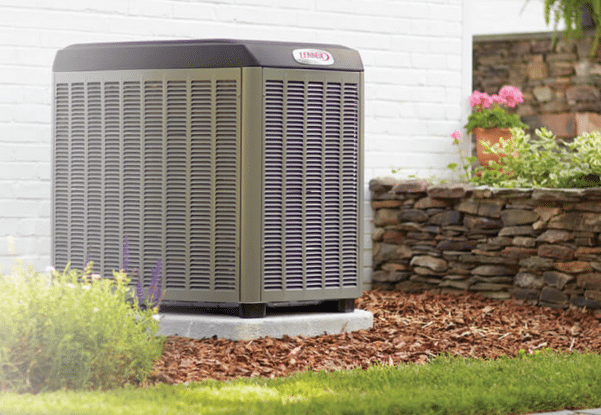
Hosing down the unit provides some basic cleaning but the inside of your cooling system also needs regular attention.
You can clean or replace the air filter quite easily. The filters can become clogged with dirt, restrict airflow, and damage the efficiency of your AC system. They are a common cause of cooling issues.
Most air filters need replacing every few months in Florida homes but more often if you live in a particularly dusty environment or with pets. Turn off the AC and locate the filter between the return duct and the air handler in most central AC systems—the air handler is a large metal box that houses the fan and its motor. Some filters are cleanable and others are disposable.
When it comes to cleaning the AC coils, this is a job best left for HVAC professionals because it usually requires partially disassembling units. Most homeowners don’t want to risk damaging key components.
Remember, the coils perform essential tasks in the cooling process, helping to absorb heat and humidity from the indoor air and propelling it outside. It’s best to schedule routine AC maintenance every six months or so. A comprehensive AC tune-up will include cleaning both the evaporator and condenser coils.
Coils may be cleaned using compressed air, brushes, detergents, commercial cleaners or even pressure washers if they are very dirty.
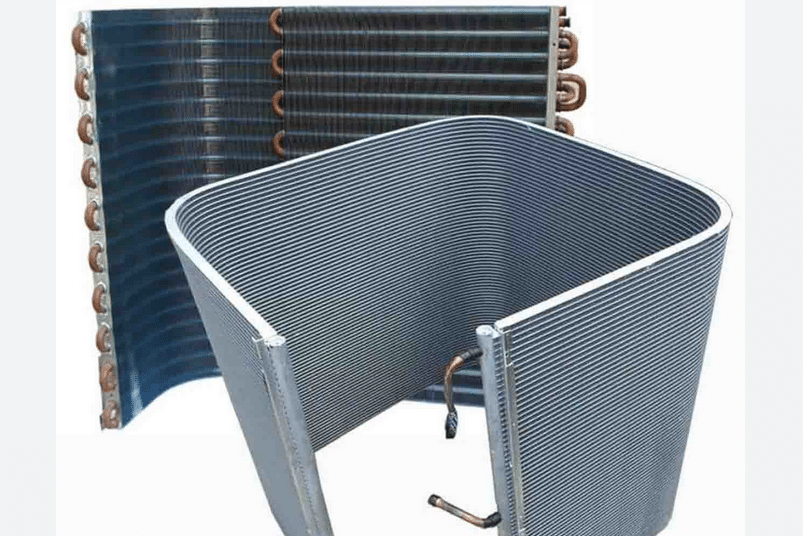
FAQs
What if water drips from my AC?
Dripping sounds from your AC unit are not unusual as the indoor unit removes water from the air and channels it outside the home. But if your AC is leaking or water is pooling around your indoor AC unit, it’s time to call a professional. Find out more about what to do if your AC is making running water sounds.
Can I clean the air conditioner’s coils myself?
It is possible to clean coils as a DIY job but inadvisable unless you are experienced at opening up AC units, cleaning with the right tools, and handling the necessary components.
What are the main safety issues with AC units?
AC units combine the use of electrical components and refrigerant to cool your home. This means that maintaining an efficient cooling system is not without risks. Typically, the main hazards are refrigerant leaks, electrical hazards, and exposure to toxins, mold, and bacteria from poor indoor air quality. That’s why deep cleaning and maintenance are usually left to HVAC professionals.
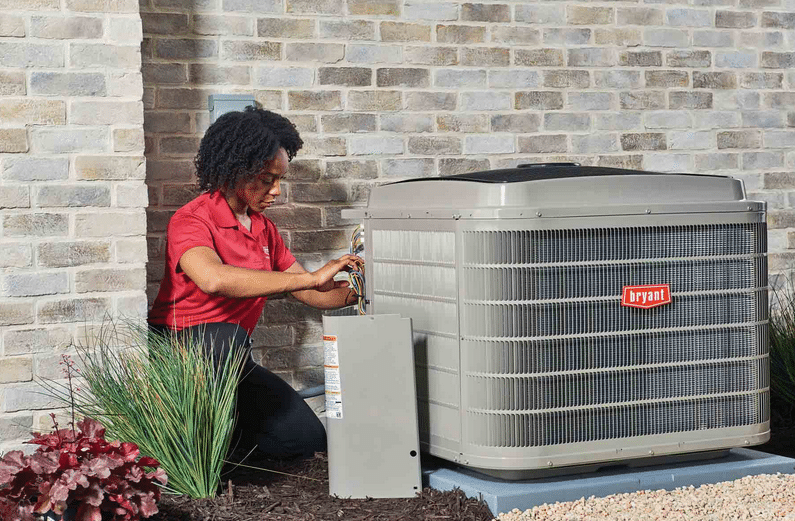
Regular AC tune-ups in SWFL for a clean and efficient system
Basic cleaning is one of the best preventive maintenance steps with AC. Most Florida homeowners go to considerable expense with installing AC and protecting their investment is common sense.
You can clear away debris and spray your AC unit with water with complete peace of mind. Hosing around the outside of the unit with water will not damage your AC. But both the inside and outside AC units need deeper cleaning of the filter and coils from time to time to run efficiently.
AC tune-ups can be scheduled via regular maintenance with our HVAC professionals. If you’re in SWFL, contact One Way Air.

